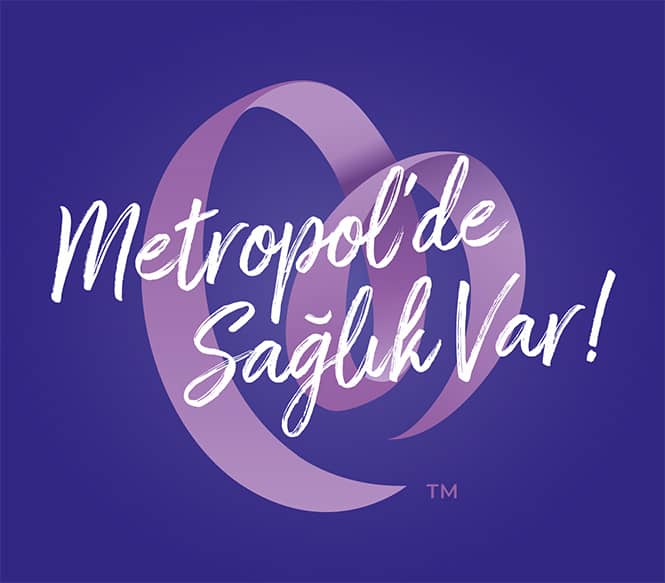He began working as a specialist at the Department of Neurosurgery, Faculty of Medicine, Sivas Cumhuriyet University in 1992. He was appointed as the head of the department in 1994 and held this position until 2004.
In 1996, he worked for three months in the field of pain surgery at the Neurosurgery Department of Karolinska Hospital in Stockholm with a scholarship from ESSFN (European Society of Stereotactic & Functional Neurosurgery). In 1997, he was invited again to the same department with a scholarship for a PhD program on the etiopathogenesis of subarachnoid hemorrhages, where he worked for one year.
He received the academic title of Associate Professor of Neurosurgery in 2002.
He served as Assistant Chief Physician of Cumhuriyet University Hospital from 2003 to 2004 and as Deputy Director of the Experimental Research Center in 2004.
In 2005, he joined the Faculty of Medicine, Kırıkkale University, as a faculty member in the Department of Neurosurgery.
Between 2006 and 2012, he worked as a neurosurgery specialist and medical administrator in private hospitals located in Ankara, Famagusta (Northern Cyprus), Balıkesir, and Bursa. In Balıkesir, he worked at Private Sevgi Hospital as a Neurosurgeon (2008–2009), and at Private 6 Eylül Hospital as the founding chief physician (2009–2010).
In July 2012, he was reappointed as a faculty member at Kırıkkale University, Department of Neurosurgery, and was promoted to Professor in August 2013.
In January 2015, he joined SBÜ Bursa Yüksek İhtisas Training and Research Hospital (formerly Şevket Yılmaz Training and Research Hospital), and served as Assistant Chief Physician from May 2015 to April 2017.
He was appointed as the Head of the Department of Neurosurgery at Süleyman Demirel University Faculty of Medicine in April 2017, a position he held until his retirement in April 2024.
He served for five years as Associate Editor of Turkish Neurosurgery Journals and was the founding chair of the Neurotrauma and Intensive Care education group of the Turkish Neurosurgical Society. He is fluent in English.
He has a strong academic background with numerous international and national publications, authored and translated book chapters, and conducted many experimental scientific studies, especially on cerebrovascular diseases. Two of the specialty theses he supervised were awarded the Best Residency Thesis Award by the Turkish Neurosurgical Society.
As of April 2025, he began working at Izmir Private Metropol Hospital.
Fields of Expertise and Clinical Focus
-
Neuro-oncological diseases
– Surgical treatment of primary and metastatic brain tumors using microsurgical techniques, neuronavigation, and ultrasonic surgical aspirators. -
Spinal tumors
– Surgical removal or minimally invasive treatment using radiofrequency ablation or cryotherapy in appropriate cases. -
Spinal cord tumors and metastatic tumors to the spinal cord
– Microsurgical removal. -
Spinal diseases causing pain and neurological dysfunction
(disc herniation, spinal stenosis, spondylolisthesis, osteoporosis-related deformities)
– Procedures such as microdiscectomy and spinal stabilization with surgical implants. -
Spinal fractures due to osteoporosis or trauma
– Vertebroplasty or kyphoplasty using bone cement via minimally invasive approaches. -
Cerebrovascular diseases
(aneurysms, arteriovenous malformations)
– Surgical treatment of intracranial hemorrhages and microsurgical occlusion when necessary. -
Congenital nervous system anomalies
(spina bifida, split cord malformations, meningoceles)
– Emergency surgical correction. -
Hydrocephalus
– Surgical placement of shunt systems to drain excess cerebrospinal fluid to body cavities for pressure relief and brain protection. -
Peripheral nerve disorders
(carpal, cubital, and peroneal tunnel syndromes, nerve injuries, nerve tumors)
– Microsurgical decompression, nerve transposition, or nerve grafting under local anesthesia. -
Chronic and treatment-resistant conditions
(chronic pain, Parkinson’s disease, tremor, spasticity)
– Placement of intrathecal drug delivery systems, deep brain stimulators (DBS), or spinal cord stimulators (SCS) in suitable cases.


